Indigenous Governance Database
lineal descent
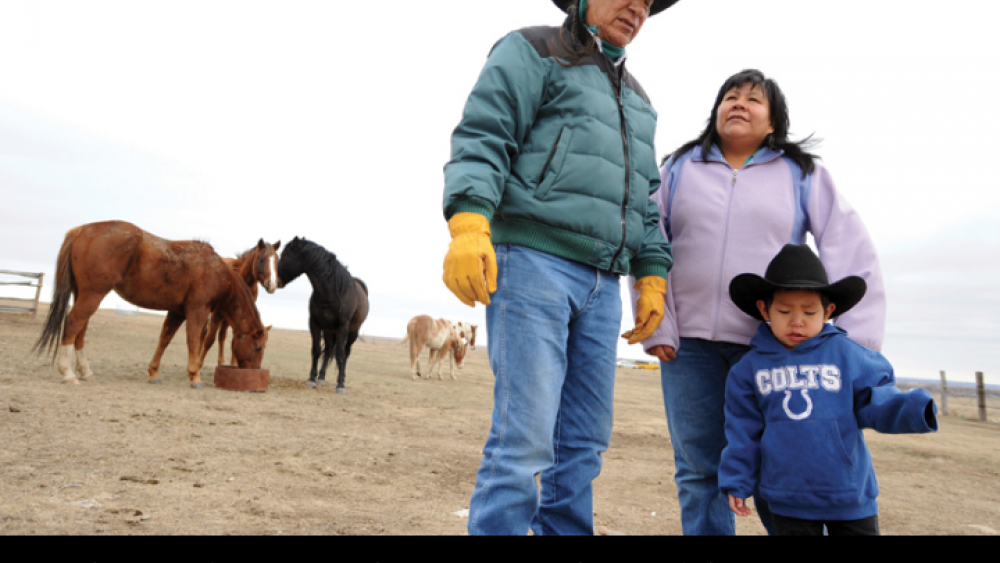
Blood Quantum: A complicated system that determines tribal membership threatens the future of American Indians
Ryan Padraza Comes Last is a full-blooded Indian, Sioux and Cheyenne on his father's side and Assiniboine on his mother's. He will soon receive his Lakota name: "A Rope." (Comes Last raises rodeo horses and always has a rope in his right hand. He likes to call Ryan his "right-hand man.") But…
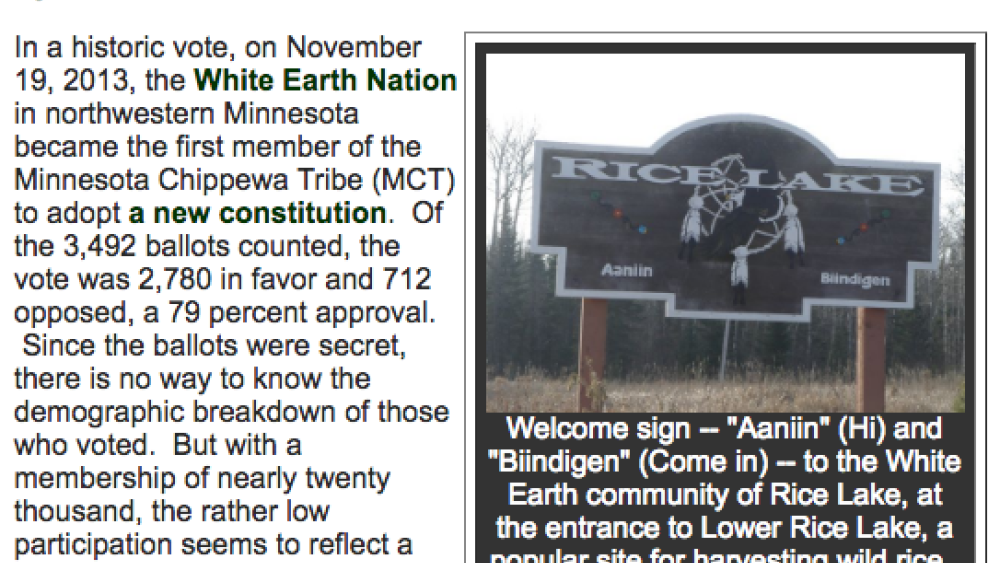
White Earth Nation Adopts New Constitution
In a historic vote, on November 19, 2013, the White Earth Nation in northwestern Minnesota became the first member of the Minnesota Chippewa Tribe (MCT) to adopt a new constitution. Of the 3,492 ballots counted, the vote was 2,780 in favor and 712 opposed, a 79 percent approval. Since the ballots…
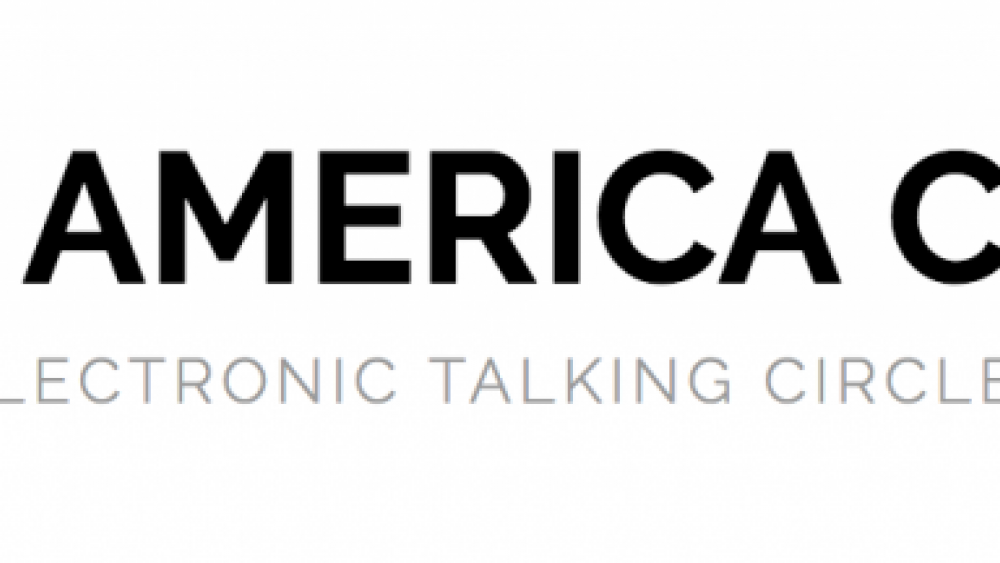
Tribal Enrollment And Blood Quantum
Every tribe has its own rules for membership. Some tribes include lineal descent — proof that you descend from a recognized tribal member — while others have a blood quantum requirement that requires members possess a certain percentage of tribal blood. On White Earth, researchers found that the…

Indian Pride: Episode 112: Tribal Government Structure
This episode of the "Indian Pride" television series, aired in 2007, chronicles the governance structures of several Native nations in an effort to show the diversity of governance systems across Indian Country. It also features an interview with then-chairman Harold "Gus" Frank of the…
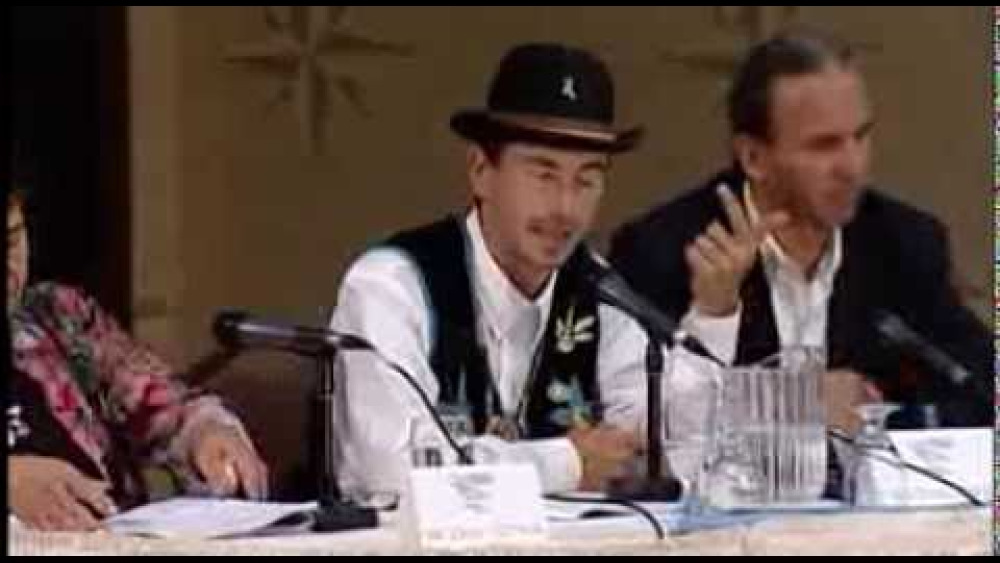
Truth To Tell: Community Connections - White Earth Constitutional Forum Part I
In collaboration with production partner KKWE/Niijii Radio, TruthToTell and CivicMedia/Minnesota traveled west on August 14, 2013, to the White Earth Reservation to air/televise the seventh in our series of LIVE Community Connections forums on critical Minnesota issues. Convened at White Earth's…
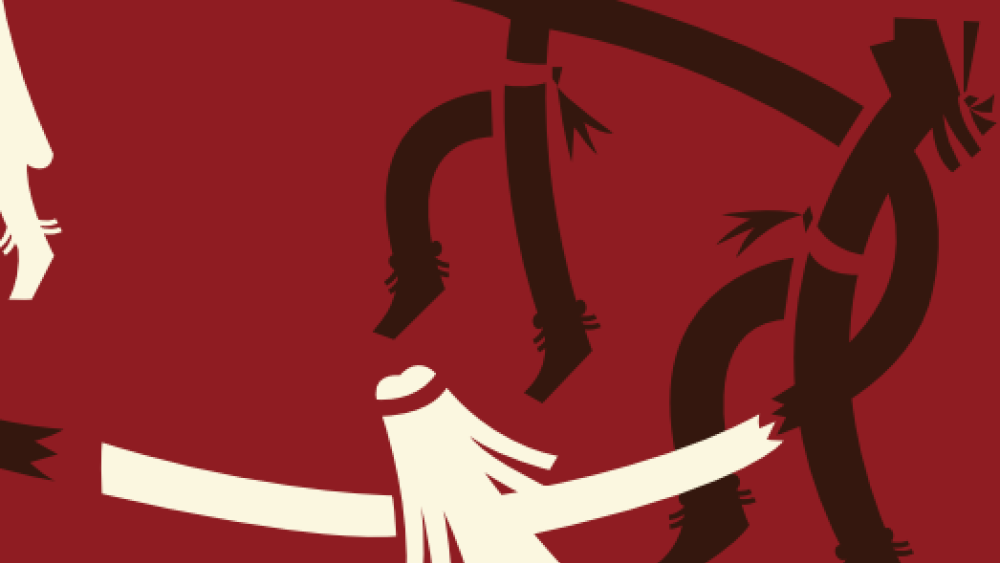
Redefining Tigua Citizenship
The materials in this informational guide are designed to provide you with important background information ”such as Tigua history, tribal population profiles, and fiscal impacts” related to upcoming membership criteria changes. Project Tiwahu is an Ysleta del Sur Pueblo-wide initiative to reclaim…
Pagination
- First page
- …
- 1
- 2
- …
